 Amanda Koster is both an acclaimed Seattle photographer and a graduate of the Landmark Forum. She has long used her skills to spotlight compelling issues around the world and the valuable work being to done to make a difference with them. She has gotten many requests to turn these trips into tours that bring other people into the process of experiencing, photographing and publicizing these issues.
Amanda Koster is both an acclaimed Seattle photographer and a graduate of the Landmark Forum. She has long used her skills to spotlight compelling issues around the world and the valuable work being to done to make a difference with them. She has gotten many requests to turn these trips into tours that bring other people into the process of experiencing, photographing and publicizing these issues.
Last year Koster created Salaam Garage International Trips, whose stated purpose is to “connect media savvy travellers and enthusiasts with NGOs (non-governmental organizations) committed to creating and sharing unique, independent social media that raises awareness and causes change.” The group spends several days with an NGO that works to empower people, and spends the rest of the trip exploring the culture they are in. The first of these tours took place recently with a visit to an orphanage in India. In addition to the trip, Koster used her participation in Landmark Education’s Self-Expression and Leadership Program to arrange exhibits of the photographs taken by many of the tour participants.
The tour received national media acclaim in the form of a long article in the Seattle Post-Intelligencer, which was also re-run in the Chicago Tribune. Much of that article is reprinted here:
Opening Eyes: Four travelers mentored by a Seattle photographer document the life-affirming work of an Indian orphanage
By Cecilia Goodnow, Seattle Post-Intelligencer
Even on a trip designed to change the world, photographer Amanda Koster made room for the colorful and the sublime.
She led her idealistic tour group — a party of four — through the spice and bangle markets of Jaipur, through stalls of workers stringing marigolds for the temples. She gave them a day astride ungainly camels in rural Rajasthan and a night under glittering desert stars.
But it was at the Vatsalya orphanage, a haven for India’s street urchins, that Koster’s group found the spiritual heart of their foray into social-justice tourism.
“You drive in and the kids run up and hug you and call you ‘didi,’ which means older sister,” said Danielle Williams, who was 23 during last fall’s tour and had never visited a developing country. “It’s not a sad place like you’d expect.”
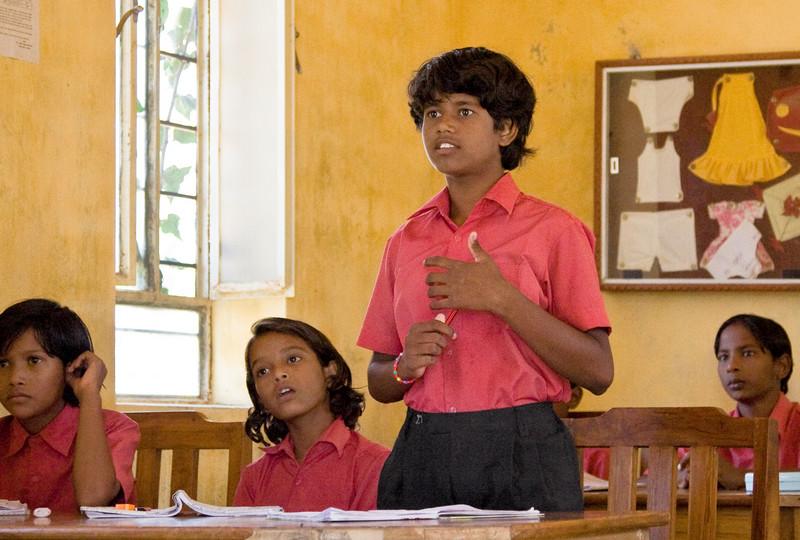 Williams, now research coordinator for the National Geographic Channel, was so moved she returned home to Washington, D.C., to help create a project to assist India’s street children and AIDS orphans. The project, a collaboration with SHAII — the Stop HIV/AIDS in India Initiative — launched last week. That’s exactly the kind of change Koster hopes to inspire by opening travelers’ eyes to poverty, hardship and hope and sending them home to spread the word about our common humanity.
Williams, now research coordinator for the National Geographic Channel, was so moved she returned home to Washington, D.C., to help create a project to assist India’s street children and AIDS orphans. The project, a collaboration with SHAII — the Stop HIV/AIDS in India Initiative — launched last week. That’s exactly the kind of change Koster hopes to inspire by opening travelers’ eyes to poverty, hardship and hope and sending them home to spread the word about our common humanity.
“Making that human connection makes all the difference,” said Koster, a Seattle-based freelance photographer who uses her lens to document world issues through the stories of ordinary people.
Koster has photographed AIDS orphans in Kenya and chronicled the work of Doctors Without Borders in the slums of Brazil. She has celebrated the beauty of ordinary women’s bodies and helped preserve the song-making traditions of Moroccan women — in a show to be exhibited at the International Museum of Women in San Franciscoand at the U.S. Embassy in Morocco.
Here to Help
Koster, who used to teach at Photographic Center Northwest, makes her living as a commercial photographer, shooting for such publications as Newsweek and Sunset and doing ad and corporate work.
“Salaam Garage” is the name she gives her personal projects — the award-winning photographic and video installations she creates to promote social justice and world peace.
“I always knew I was here to help,” said Koster, a dark-haired, earnest woman in her 30s who recalls volunteering at soup kitchens and spending time at retirement homes when she was a child.
Last fall’s India tour came about because Koster’s globetrotting photo shoots were so compelling — and her own passionate idealism generates such a force field — that friends and acquaintances began asking, “Can I come, too?”
Recognizing the world-changing potential in their enthusiasm, Koster asked herself, “Why not harness that and turn it into something that does good? Let people realize they are global citizens.”
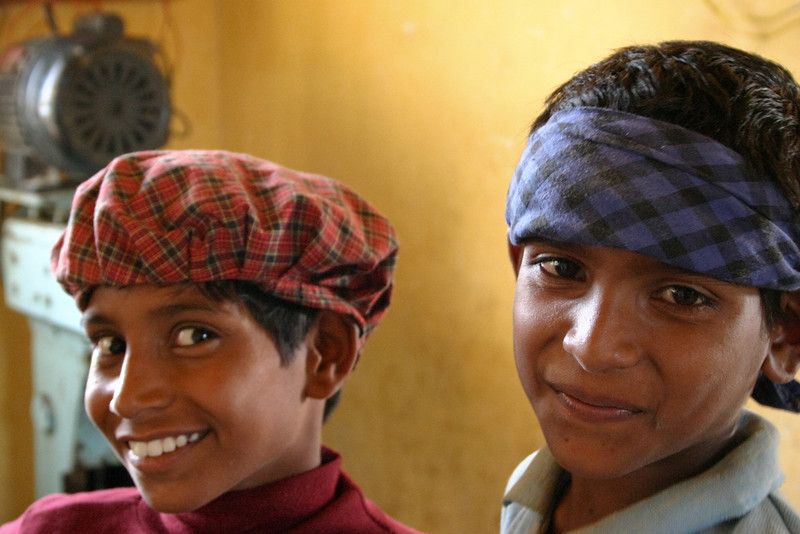 Koster focused the trip on everyday Indian life, taking her party of four down side streets and back alleys where local people went about their workaday lives. In the countryside, they toured villages and farms by camel and shared chai with relatives of their driver and companion, Govind Singh.
Koster focused the trip on everyday Indian life, taking her party of four down side streets and back alleys where local people went about their workaday lives. In the countryside, they toured villages and farms by camel and shared chai with relatives of their driver and companion, Govind Singh.
Hoping to share a sense of the friendships they formed, Koster’s tour group has created a photo exhibition that highlights the work of the Vatsalya orphanage. There, children who have suffered sexual abuse, hard labor and other brutalities reclaim a sense of joy and belonging as they further their schooling and learn a trade, such as baking, sewing or woodworking.
The Vatsalya exhibition will run through February at the Neighborhood Cafe (which is in the process of changing its name to the Treed Cafe) in Ballard and at other Seattle venues throughout the spring. A portion of the proceeds from sales of the photographs will benefit Vatsalya, which also has permission to use the participants’ photos on its brochures and fundraising material.
A shared perspective
The American travelers say the trip has indelibly altered their vision of the world, and their own sense of purpose.
“I sort of metaphorically got sat down on my butt,” said Linda Steen, 35, who hopes to trade her Seattle landscaping business for a career in a multicultural field that values social and environmental responsibility.
Steen is a dancer as well as a landscaper, so creative movement helped her connect with the children of Vatsalya. The children performed traditional dance for the Americans, then watched, bug-eyed, as Steen demonstrated ballet and modern dance.
“India knows how to savor the moment,” said Steen, who was struck throughout her trip by the culture’s devotion to spirituality. “There’s a level of respect between people that I don’t see here in the United States.”
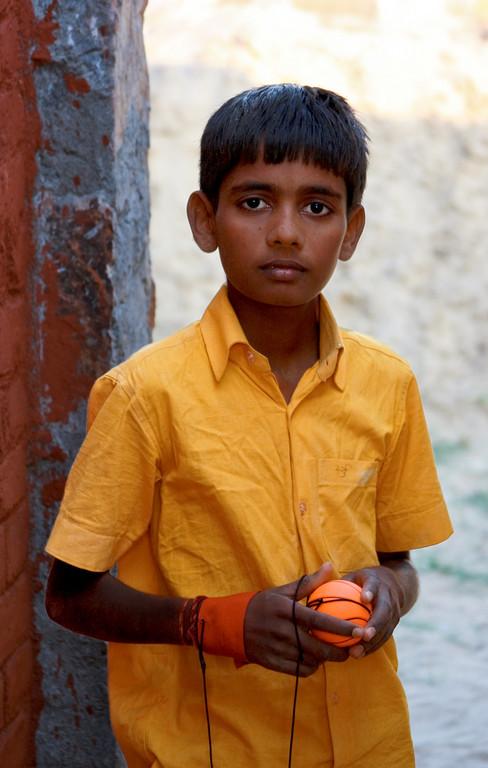 Williams, the youngest member of the entourage, learned of the tour through the grapevine at National Geographic, where she was a part-time intern with limited job security and a very thin wallet. To pay her way, she launched a fundraising campaign, telling donors of the trip’s educational and humanitarian aspects.
Williams, the youngest member of the entourage, learned of the tour through the grapevine at National Geographic, where she was a part-time intern with limited job security and a very thin wallet. To pay her way, she launched a fundraising campaign, telling donors of the trip’s educational and humanitarian aspects.
“I raised $3,000,” Williams said. “I raised all the money except for the plane ticket. I took a leap of faith.”
The faith paid off. Williams said the Indian Embassy in Washington, D.C., wants to display her photos, and she’s thinking of becoming a professional documentary photographer like Koster.
“The reason I’m more serious about it,” Williams said, “is I see what it can do. Humanitarian-wise, it can really stir people to action.”
Cynthia LaRowe, 40, director of global learning at Starbucks in Seattle, met Koster through a photography class and quickly recognized a kindred spirit.
LaRowe, who used to work overseas in the nonprofit sector, caught the photography bug when she was in her 20s. She remembers racing down a street in Indonesia, her 35 mm camera swinging from her neck, to capture images of an elaborate funeral procession winding through the streets.
India had long been in LaRowe’s sights and she was eager to experience its friendly and intense street atmosphere.
“India is like this full-body, full-impact experience from the moment you hit the ground,” LaRowe said. “There are so many people, so much sensory input.”
The impact of one
LaRowe was especially inspired by Vatsalya founder Jaimala Gupta, whose nongovernmental organization offers microloans for women’s startup businesses and manages to raise and educate 54 orphans on a yearly budget of $700 per child.
LaRowe said Gupta’s persistence showed her the impact a single person can have, even in a populous nation like India, and she hopes to incorporate that sense of mission in her own life.
“I am a person who’s all about changing the world,” she said. “I’m kind of reminded of that through Jaimala’s story.”
The fourth participant, Conrad Chavez, 41, is a self-employed tech writer for the software industry. If you’ve ever used Adobe Photoshop, you may have come across his words in the manual.
On the side, Chavez does fine-art photography. Some of his photos will be included in a book Vatsalya plans to publish about children in India.
Chavez, a friend of Koster, said he joined the tour to learn about the cultural context within which India’s high-tech revolution is taking place. He also worries about the environmental impact as India and China industrialize. Will they follow in the footsteps of the West, or can they become models of sustainable development?
“When I was there, I got a sense of how big India is and how big an impact it’s going to have as it grows,” Chavez said. “If you’re thinking about how to save the world, you really do have to account for these other countries.”
Koster, who likes to think of any act of change as a pebble that starts ripples, hopes the Vatsalya photo exhibit inspires viewers to launch their own global explorations.
“If even half of Americans would travel internationally,” she said, “I feel like it would be a different world.”
Buoyed by the success of the first photo tour, Amanda Koster plans to lead another Salaam Garage tour to India in the fall, with future outings planned for Vietnam, Central America, Morocco and, if stability returns, Kenya.
Upon their return, participants are expected to document their experiences through photos, stories, dance or other media.
“The people who are going to gravitate to this,” Koster said, “are people who are going to understand the power of storytelling.”
Photo credits: All photos in this story were taken by tour participants. In order of appearance, they were taken by Linda Steen, Conrad Chavez, Danielle Williams and Cynthia LaRowe.
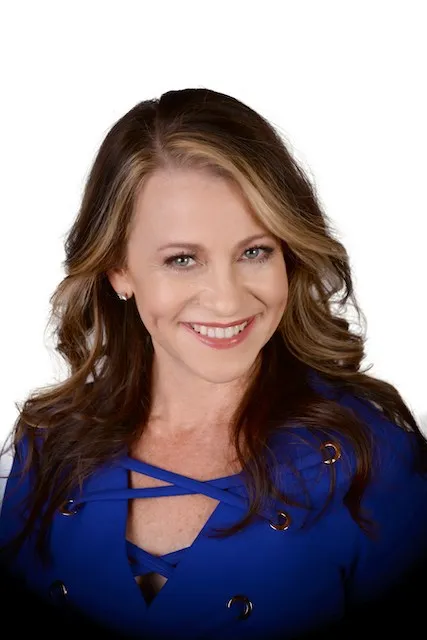
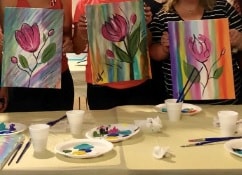
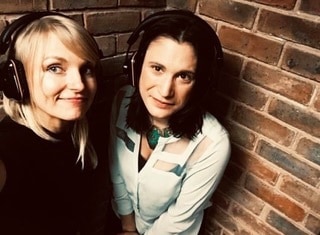
2 comments
This site is great. It really is. I don’t want to take ANYTHING away from this site. It is amazing! But given what it is about I think people visiting this site would want to check out this site in Australia.
http://www.legrads.com.au
[…] trip overseas. For more information on the tours, visit the Salaam Garage website. Also see Landmark Education News’ previous coverage of Koster’s travel […]